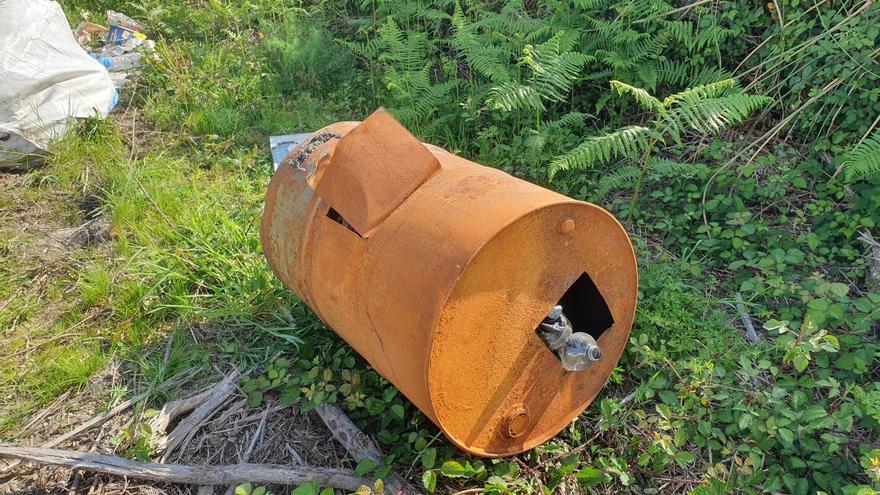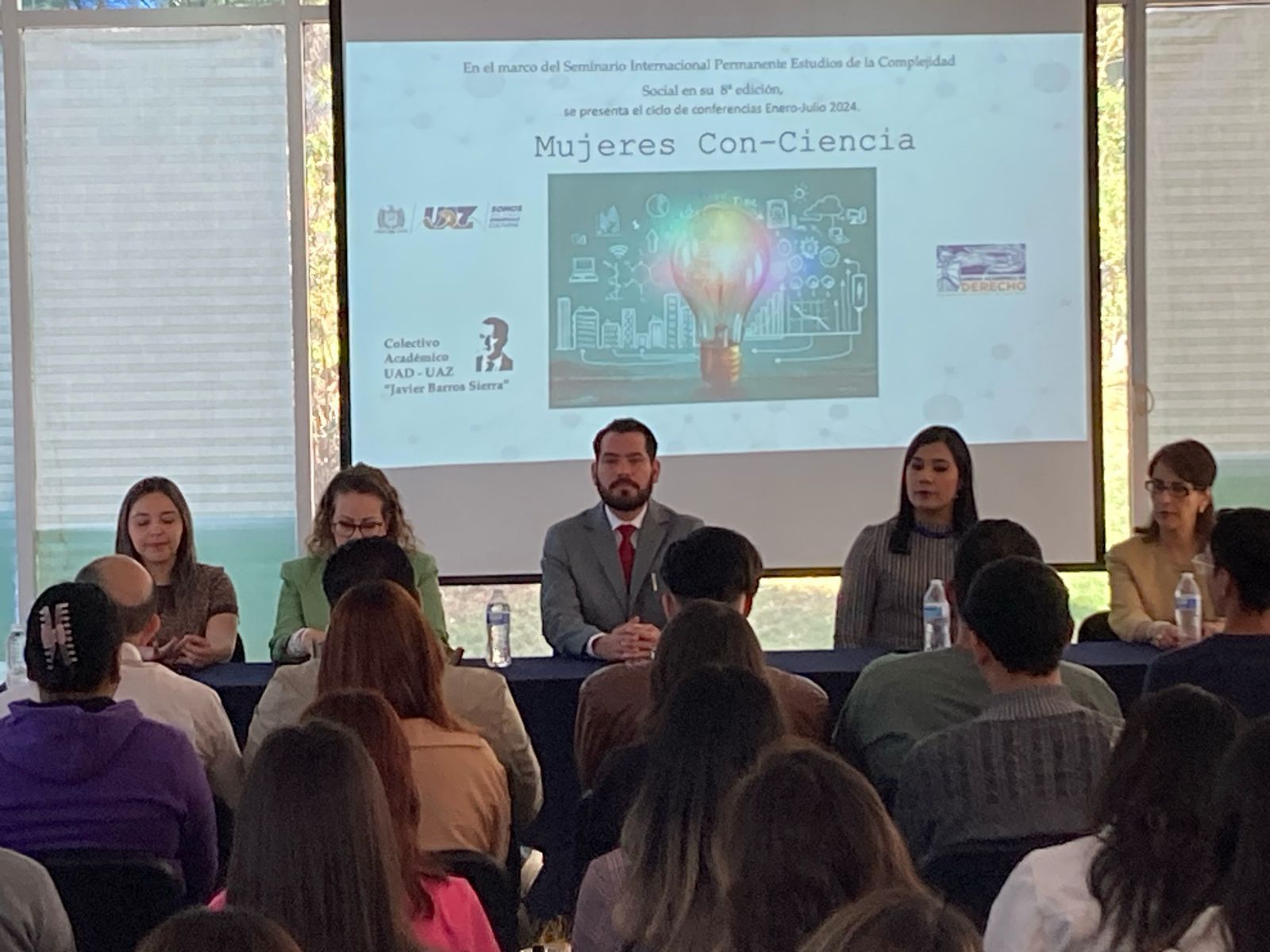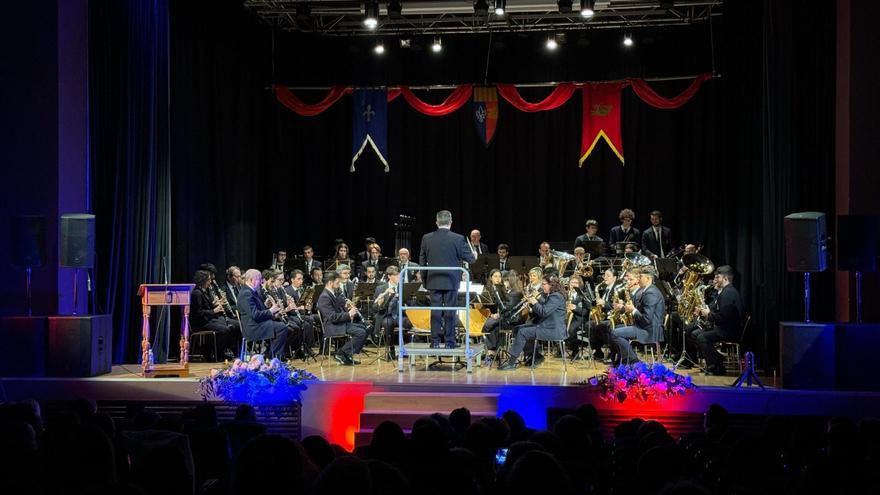(Written by Florencia Alamos). – The Nestor Kirchner Judicial School (EJNK), which was introduced last week by Vice President Cristina Fernández de Kirchner during a keynote address at the Teatro Argentino, will seek to “train new generations through dialogue and debate” and at the same time, it will try to contribute to a competitive government program in elections coming.
“The idea is an exercise in action,” Telam defines Claudia Bernazza, a teacher, engineer, former vice president and representative of the Patria Institute on EJNK’s executive board and a key player in bringing that space together.
Bernazza summed up what was reported on the page of the Justicilista School that collapsed while the former president gave her speech last Thursday in La Plata, describing it as a place that “will not only provide scientific or theoretical training that discusses issues” but “it will be a training for action, and the youth will be the main messengers of it.” .
Those responsible for the joint training space come from different political currents represented, to a large extent, by Kirchnerism and Massismo, although the organization stressed that it is open “to other spaces to join”.
“We will bring the expertise and faculty back home to work on the courses, but we will come together with other schools, technical teams, and teachers, building a school of greater strength and scale,” Bernazza explained.
In fact, it was the executive table that accompanied the former president during the presentation last Thursday, when she indicated that “discussion and training spaces” were being sought in which young people could “go beyond 20 minutes of TikTok”.
In addition to Bernazza, former Minister of Education Nicholas Trotta (former dean of the Metropolitan University of Education and Labor, and close to Victor Santa Maria); La Campora leader and current Administrative Secretary of the Chamber of Deputies, Rodrigo “Rudra” Rodriguez; political scientist Virginia Garcia; Deputy Monica Letza, from the circle closest to Sergio Massa and who also runs the Proyectar Training School of the Front for Renewal; and economist Christian Gerard, president of ARBA.
Although the goal set by EJNK is “to be a training space for political cadres, making them champions of a training model that generates the tools to build the society we imagine,” it also seeks to contribute to the electoral contest.
“The school is setting out how Christina and her leadership want to go through an election year, with job training, creating a collegiate government program,” Barnazza said.
For this reason, he commented that he would not provide “classical training”, but would provide “discussions contents”.
“We want to bring together specialists from each region, take their knowledge and have tools that will enable them later to develop a government program,” said the former legislator.
For “Rudra” Rodriguez, although one focus is the political formation “which is expected over time without any ties to electoral politics”, they will also seek to make “a contribution to what is happening this year”, with regard to the elections.
“We understand that in the context of the difficulty we are facing, it is necessary to prepare proposals to solve the problems that society suffers from, and to restore the concept of justice in its most philosophical and historical dimension,” the leader specified in statements to Telam.
He also explained that the name Nestor Kirchner was given because this sector realizes that they, together with the vice president, “were the ones who returned Peronism to the path of historical transformation.”
Meanwhile, for Gerrard, this is “an initiative in which different spaces in research are bringing together to create a tool that allows Peronism to build, generate, and produce content and critical training for its fighters.”
He pointed out that the idea is “to be a place of meeting and synthesis, where the different visions that exist within Pyrrhonism are included and covered, in short, finally coming together in a structural vision with regard to the central nodes of Pyrrhonism.” The political drama we are going through, the basic conflicts that need to be resolved and how best to confront them.”
The economist declared that the act in La Plata “was the step of the first half” and noted the importance of “participating in building a federal school where all of us who consider ourselves part of the national and popular movement are represented.”
Along these lines, Trotta agreed that it was “a space under construction” and stressed that “everyone should be called.”
“The spirit of the school is to work with all lines of justice in federal terms, and to restore political debate with young people, it will obviously be bypassed through the electoral process, but we want there to be continuous training of cadres and political leaders,” the former minister added in an interview with Radio Provincia. .
This was also stated by Rodriguez: “Other actors from the popular camp can be integrated, it can be a contribution to strengthening our political space and giving a greater sense of unity,” he said, after announcing that the idea is to add governors and trade unionism to the project.
For the time being, the school will not have a fixed headquarters, but will use points from Instituto Patria, UMET and other training spaces, also supported by the hybrid method.
It will seek to “clarify” training across the country, technology will be a likely venue, but there will also be meeting spaces and classrooms where students are in person.
Among the upcoming major lessons promoted by EJNK are “Federal Argentina”, “Hate Speech and the Rupture of the Democratic Pact”, “Threats to Democracy in Argentina” and “Latin America and its Place in the World”.
Among the courses currently open with pre-registration are “Contested Economic Models and Planning for Argentina’s Development in the 21st Century”, “Peronist History and Doctrine”, “Popular Ecology: A Vision of Justice to Address the Climate Change Crisis”, “Judiciary, the Rule of Law and Democracy”, “Women’s History” In Peronism, “Argentina, Sovereignty and the New World Order,” among others. (to blame)





